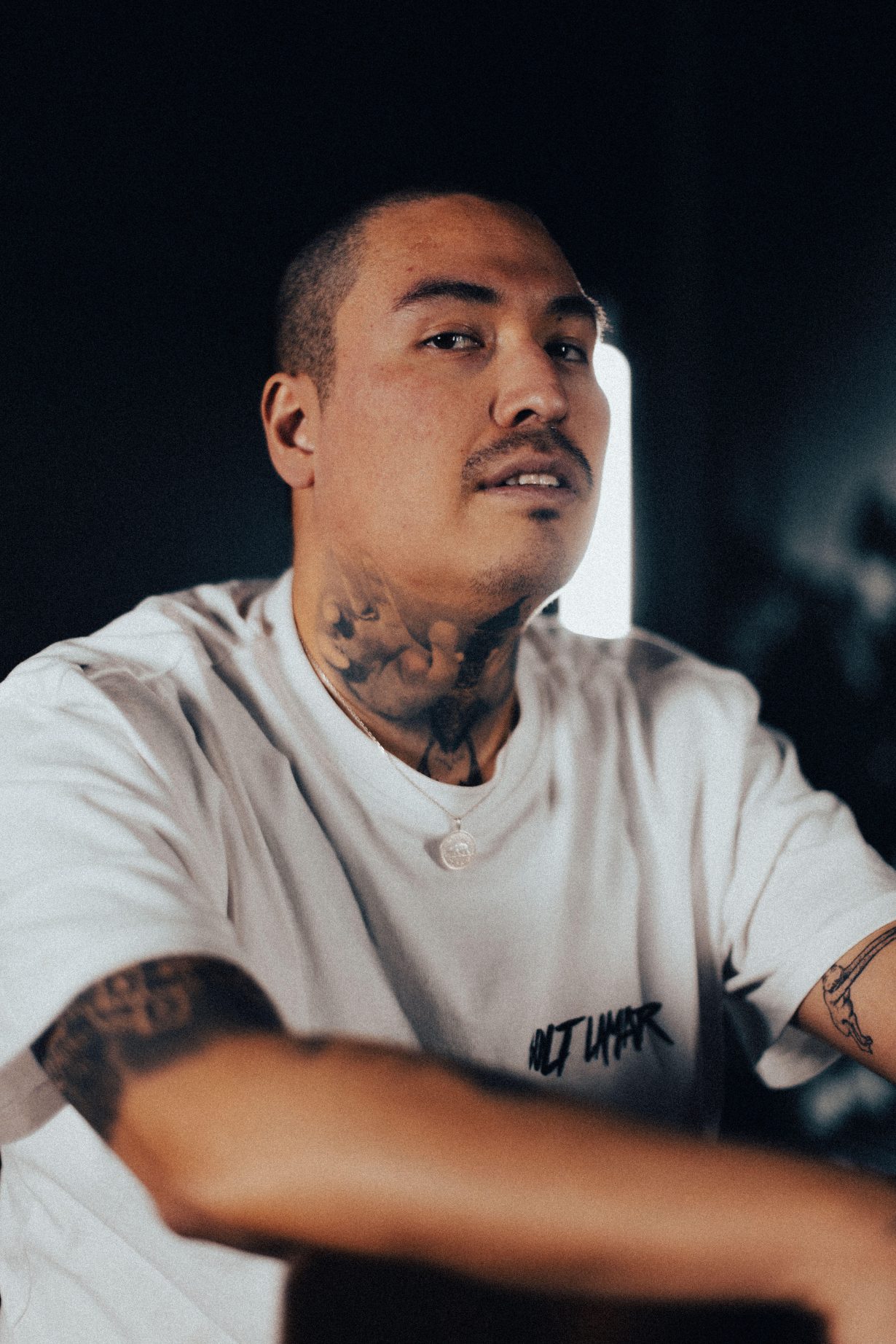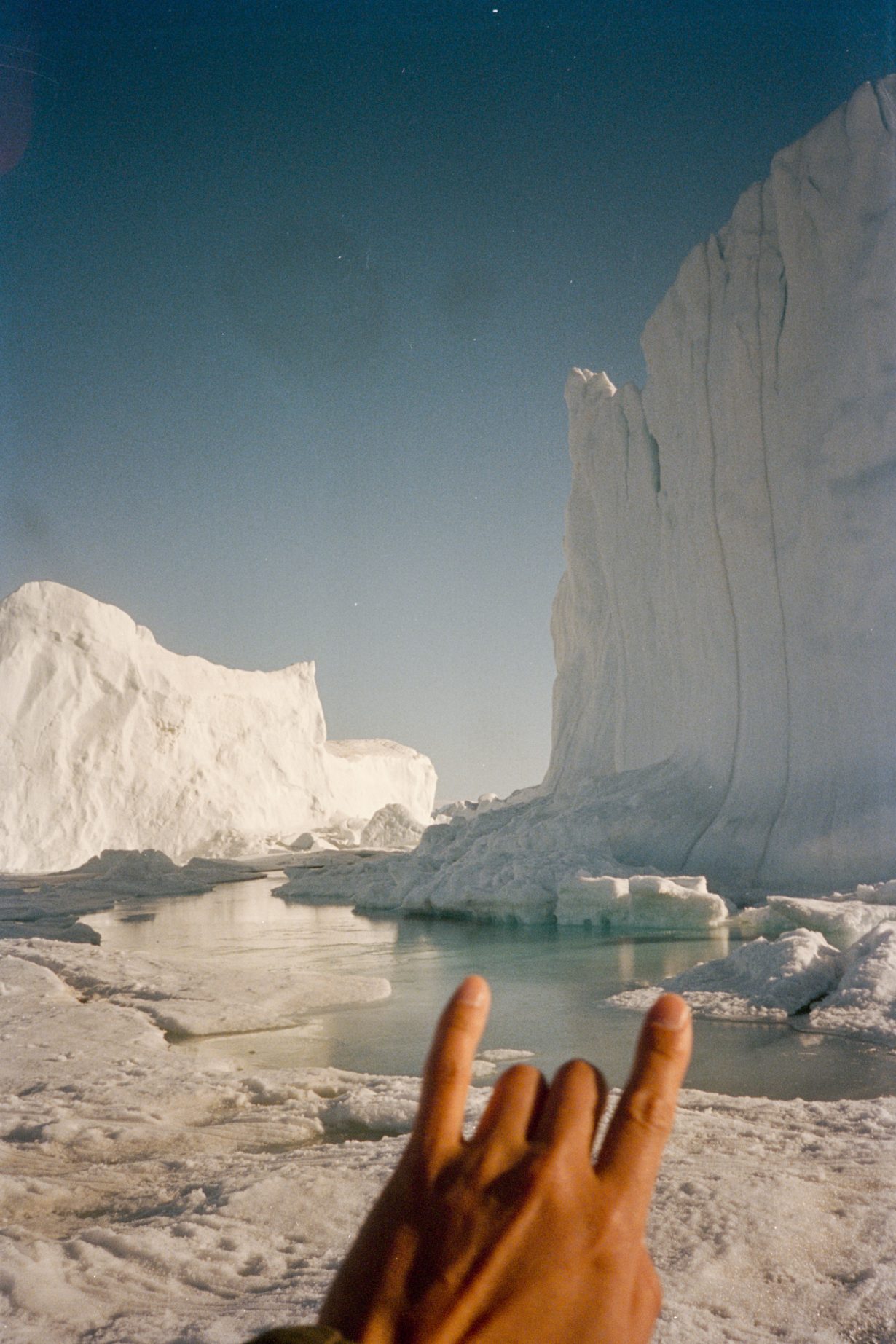ArtReview sent a questionnaire to artists and curators exhibiting in and curating the various national pavilions of the 2024 Venice Biennale, the responses to which will be published daily in the leadup to and during the Venice Biennale, which runs from 20 April – 24 November.
Inuuteq Storch is representing Denmark; the pavilion is in in the Giardini.

ArtReview What do you think of when you think of Venice?
Inuuteq Storch When I was a kid, I dreamt of going to Venice because it seemed crazy to have a city ‘floating’ on the sea. The idea of roads made of water instead of regular streets was so cool to me.
AR What can you tell us about your exhibition plans for Venice?
IS The exhibition in Venice will include a mix of traditional and modern elements, similar to Greenland, reflecting my flexible artistic approach influenced by my country’s history and future.
AR Why is the Venice Biennale still important, if at all? And what is the importance of showing there? Is it about visibility, inclusion, acknowledgement?
IS I’m not an art expert or someone who attends exhibitions regularly, so I hadn’t really thought about the importance and magnitude of the Venice Biennale. It always seemed like this unreachable event. However, when the Danish Arts Foundation chose to feature my work there, I realised the significance of it. It’s an honour to be part of the Venice Biennale.
AR When you make artworks do you have a specific audience in mind?
IS No, I erased that idea early in my photography career.
AR Do you think there is such a thing as national art? Or is all art universal? Is there something that defines your nation’s artistic traditions? And what is misunderstood or forgotten about your nation’s art history?
IS Art is this universal language that everyone can connect with. However, when it comes to specific places, you can see unique ways of making art and thinking about it. Now, diving into my nation’s art traditions, it’s kind of a story of survival. Back in the day, life was all about surviving, and our art was born from that struggle.
The last part of the question is difficult to answer short, but let me try – Western influence came along, turning our survival practices into what we now call art – things like decorating harpoons, making qajaqs, telling stories, creating tupilaks and tattoos. Back then there was no conceptual idea of art, just basic survival ideas. Keeping hope somewhere and somehow.

AR If someone were to visit your nation, what three things would you recommend they see or read in order to understand it better?
IS To understand how fast the development of Greenland has come, Taimane Gûtimik Nalussûgama is amazing to read. It is one of the last shamans telling his life before his part of Greenland became a colony, basically talking about how traditional life was.
There is also Josef Tarrak, a rapper who is very good at talking about the modern Greenlandic perspective, not only through his lyrics but also in documentaries. He gives you a genuine look at our political situation.
And definitely watch Sume, Sound of Revolution [2014], a documentary about Greenland’s most influential band. Their story significantly shapes where we are today.
AR Which other artists have influenced or inspired you?
IS Art is everywhere and because of that, many artists have influenced me, not only my art but also my way of thinking and living. Therefore, it is difficult to pin out specific artists. But my favourite artist is Kârale Andreassen [1890–1934], whom, I think, is the most important artist from Greenland. There are also Ole Kristiansen, Sume and Andachan (Greenlandic musicians) who play a crucial role in shaping my everyday life.
AR What, other than your own work, are you looking forward to seeing while you are in Venice?
IS If there is time, I’d love to visit the beach. But most importantly, being with my family altogether. We haven’t been altogether since my parents got divorced.
The 60th Venice Biennale, 20 April – 24 November